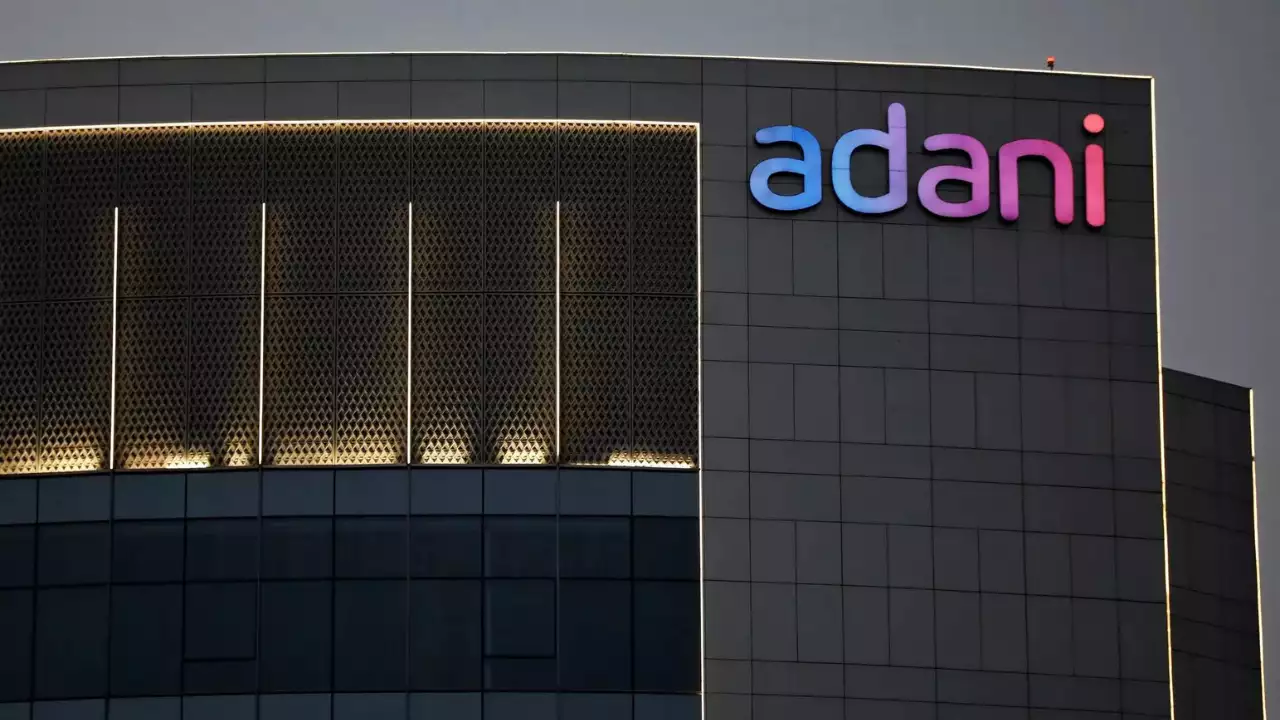The Adani Group has found itself at the center of yet another controversy, with the Organized Crime and Corruption Reporting Project (OCCRP) alleging that the conglomerate passed off low-quality coal as far more expensive cleaner fuel in transactions with an Indian state power utility. This latest accusation adds a potential environmental dimension to the existing controversies surrounding the group.
A report by the Financial Times on Wednesday revealed that documents accessed by OCCRP suggest that Adani may have fraudulently obtained significant profits at the expense of air quality. “They suggest that Adani may have fraudulently obtained bumper profits at the expense of air quality, since using low-grade coal for power means burning more of the fuel,” the report stated.
According to the allegations, the Adani Group’s practices could have serious environmental implications, as burning low-grade coal releases more pollutants compared to cleaner fuel. This not only undermines efforts to improve air quality but also raises questions about the ethical practices of one of India’s largest conglomerates.
The OCCRP’s findings have sparked a wave of criticism and concern from environmental groups and regulators. If proven true, the allegations could lead to significant legal and financial repercussions for the Adani Group, as well as increased scrutiny of its operations.
The Adani Group, known for its extensive interests in energy, logistics, and infrastructure, has faced multiple controversies in the past. This new allegation adds to the growing list of challenges for the conglomerate, potentially impacting its reputation and stakeholder trust.
As investigations continue, the Adani Group’s response and any potential regulatory actions will be closely watched. The outcome of this controversy could have far-reaching implications for the group and its operations, especially in the context of India’s ongoing efforts to balance economic growth with environmental sustainability.






